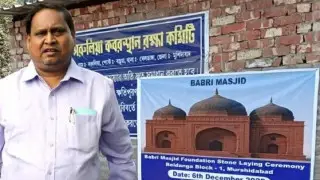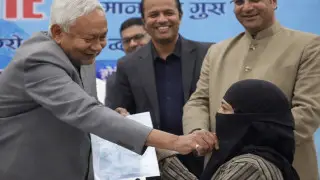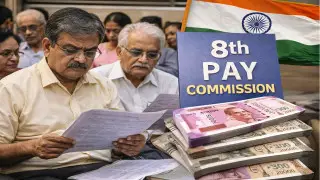
Modi further stated that laws dividing people based on religion have no place in modern society. “We need a secular civil code that unites, rather than divides, citizens. (ANI)
New Delhi: In his Independence Day address, Prime Minister Narendra Modi took a significant step towards advocating for a Uniform Civil Code (UCC) in India. Speaking from the Red Fort, Modi emphasized the need to shift away from communal civil codes and move towards a unified, secular legal system for the country.
The Prime Minister stated that the framers of the Constitution envisioned a Uniform Civil Code that would ensure equal rights and uniformity across all religions. He highlighted that while civil codes are currently the same for most religions, Islamic personal laws contain different provisions, particularly in areas like marriage, divorce, and inheritance, which have long been a point of contention.
Addressing the nation, Modi stated, “In our country, the Supreme Court has repeatedly discussed the civil code and issued several directives in this regard. A large section of the country feels that the current civil code is communal and discriminatory.”
Reflecting on India’s 75 years of independence, Modi remarked, “We have lived under a communal civil code for decades. The spirit of our Constitution urges us to change this, and the Supreme Court has echoed this sentiment. It’s our responsibility to fulfill the dreams of our Constitution makers and initiate a broad discussion on this crucial issue.”
Modi further stated that laws dividing people based on religion have no place in a modern society. “We need a secular civil code that unites, rather than divides, citizens. This is essential to eliminate the discrimination and distance felt by the common man,” he added.
Supreme Court advocate Saurabh Sharma interpreted Modi’s remarks as highlighting the disparity in Islamic personal laws. Sharma pointed out that Islamic rules on marriage, divorce, and property rights differ significantly from general laws, creating a fragmented legal framework. This discrepancy has fueled the long-standing demand for a Uniform Civil Code.













Copyright © 2025 Top Indian News
